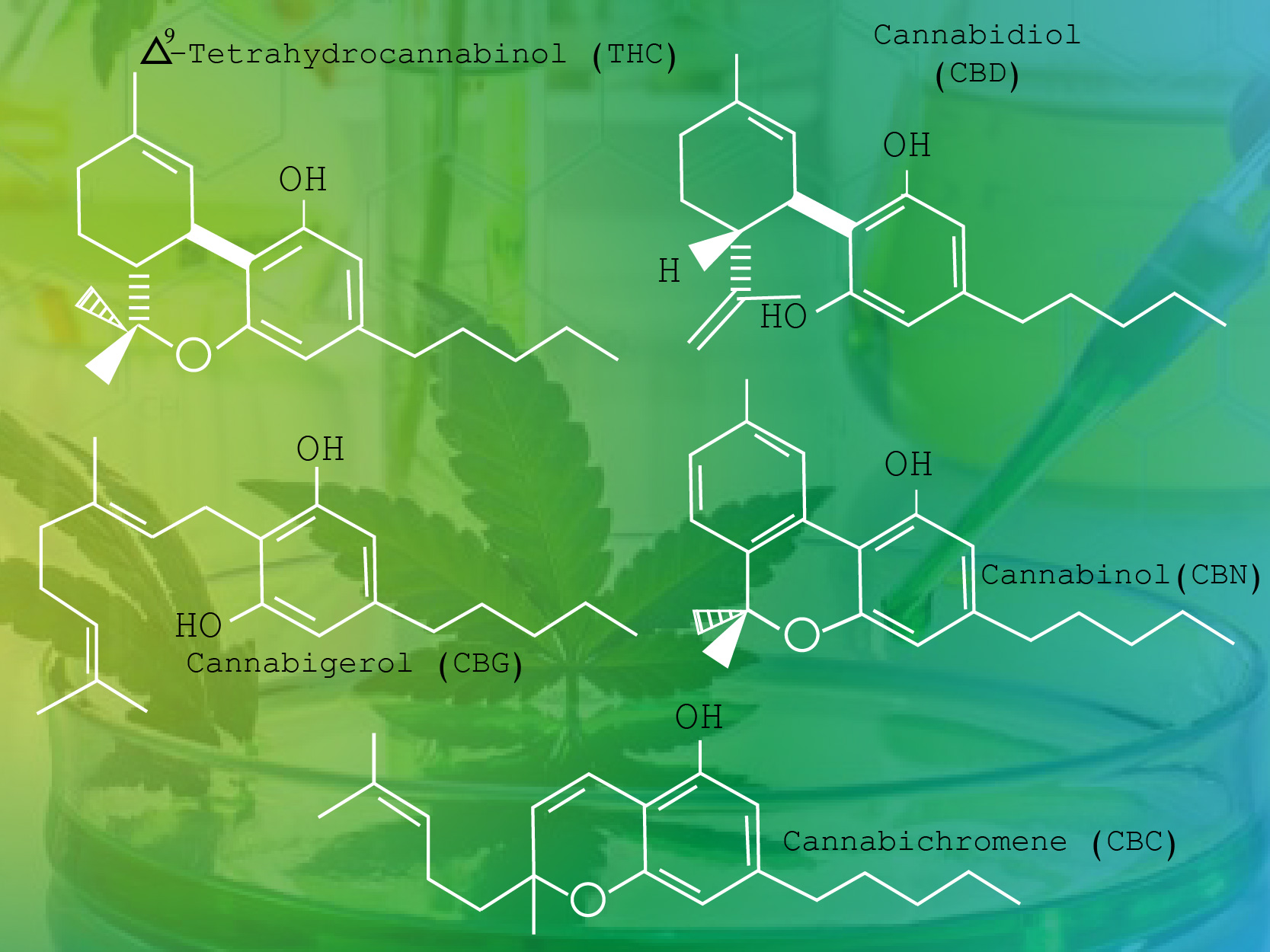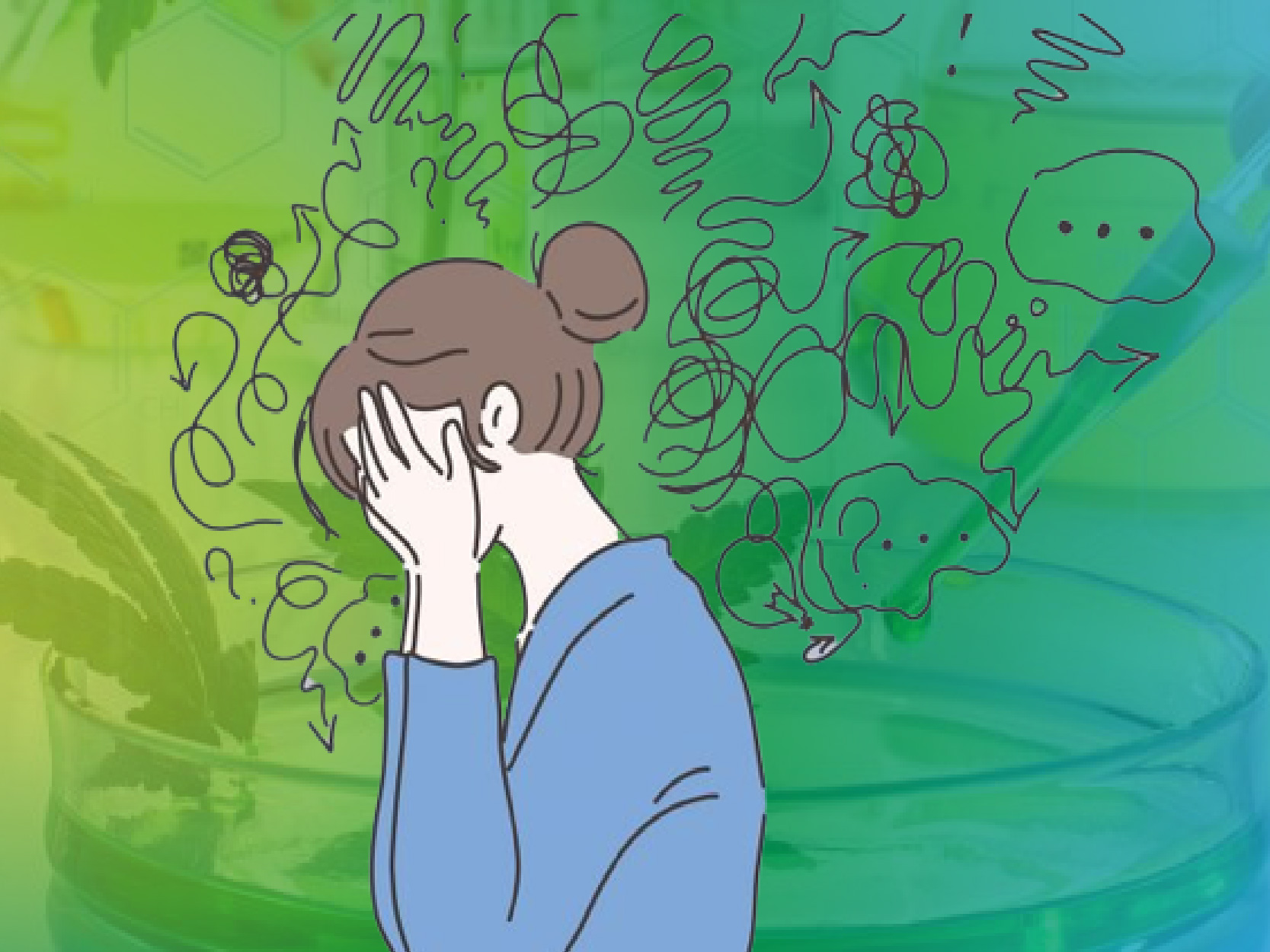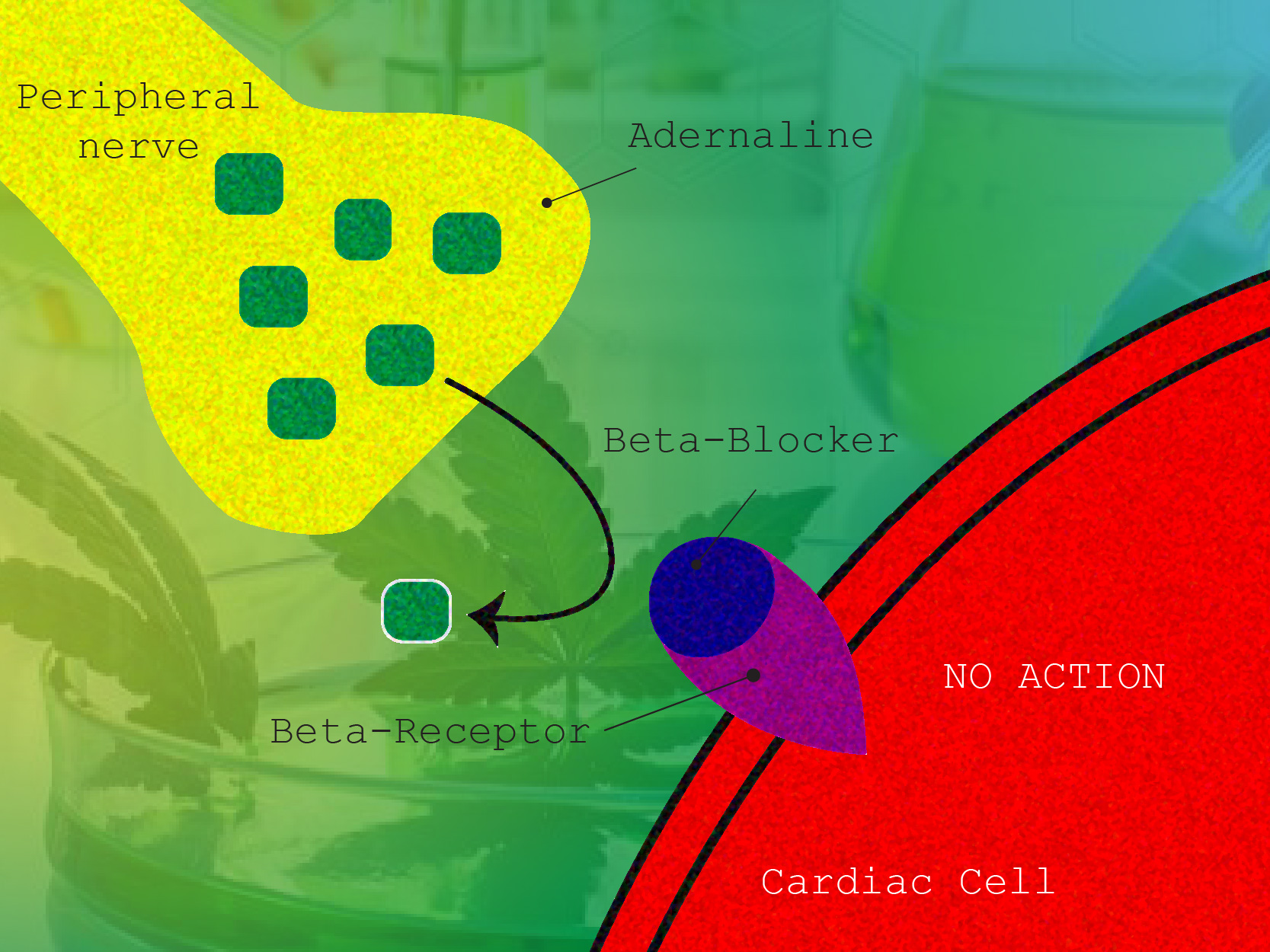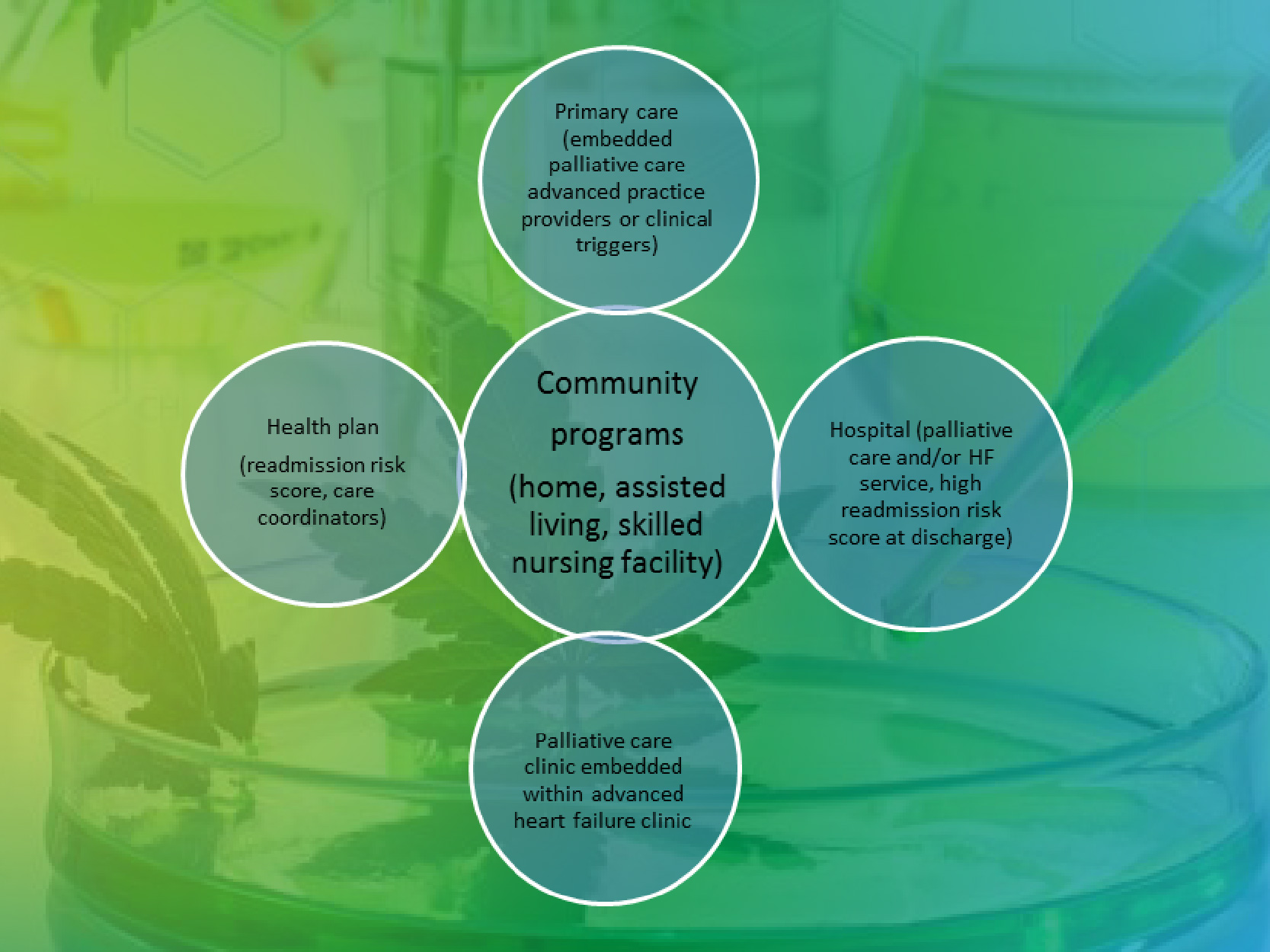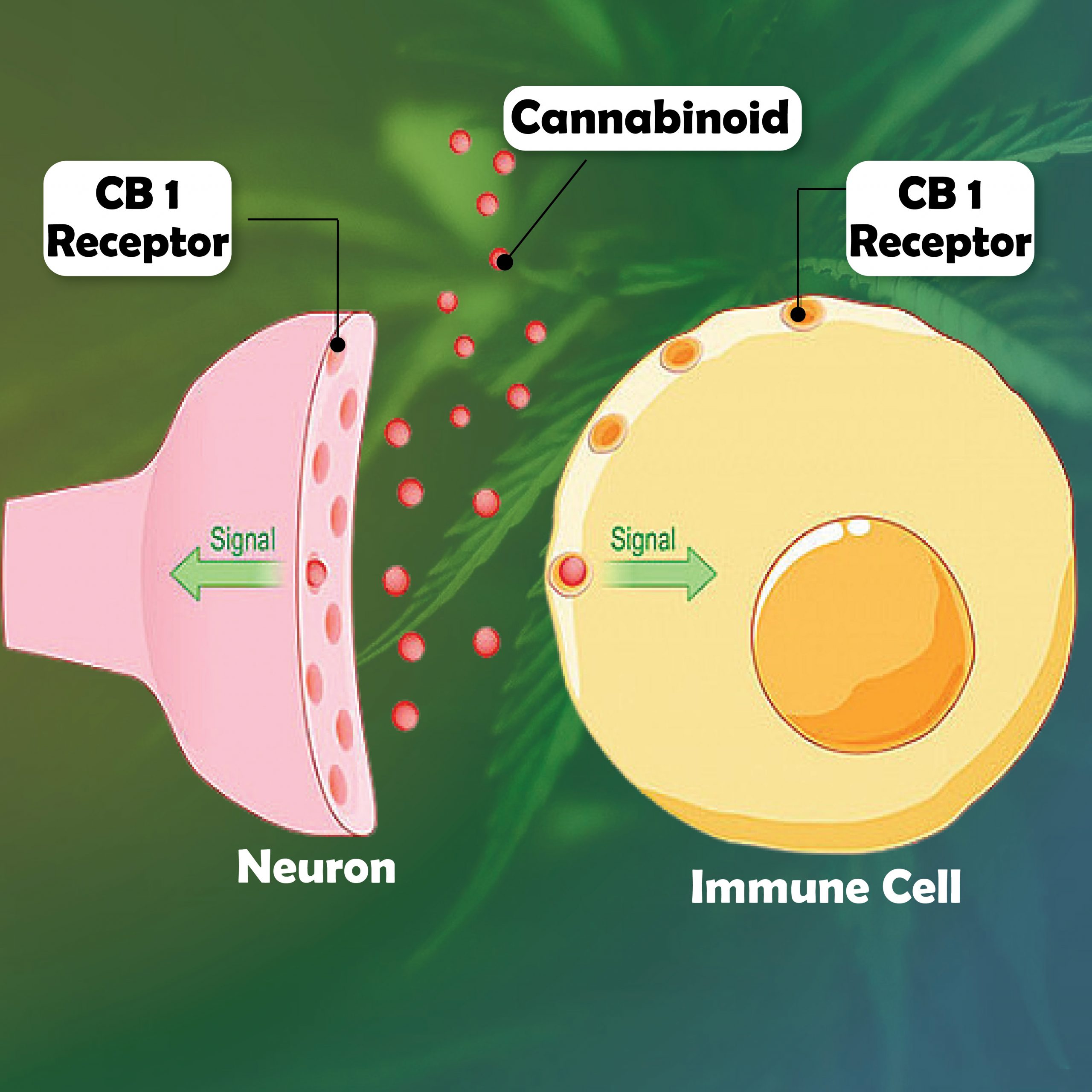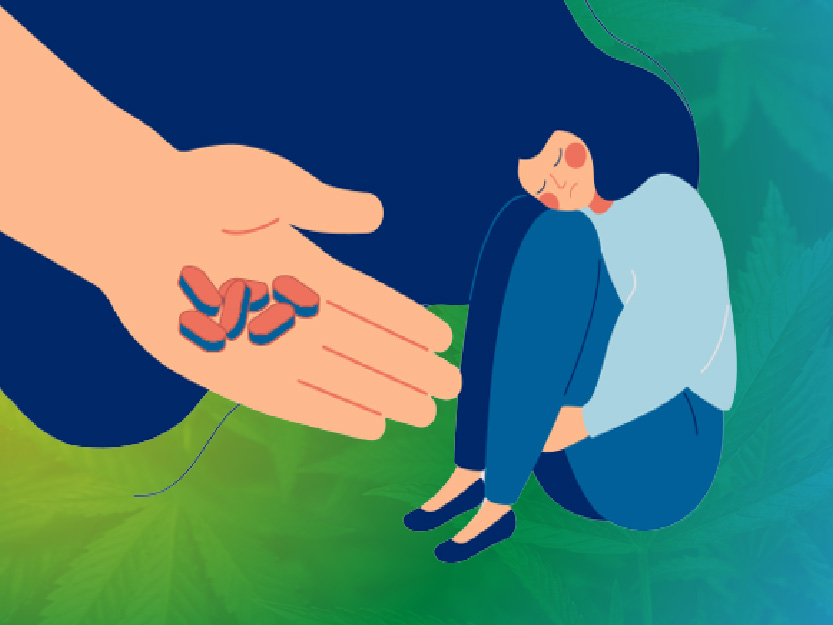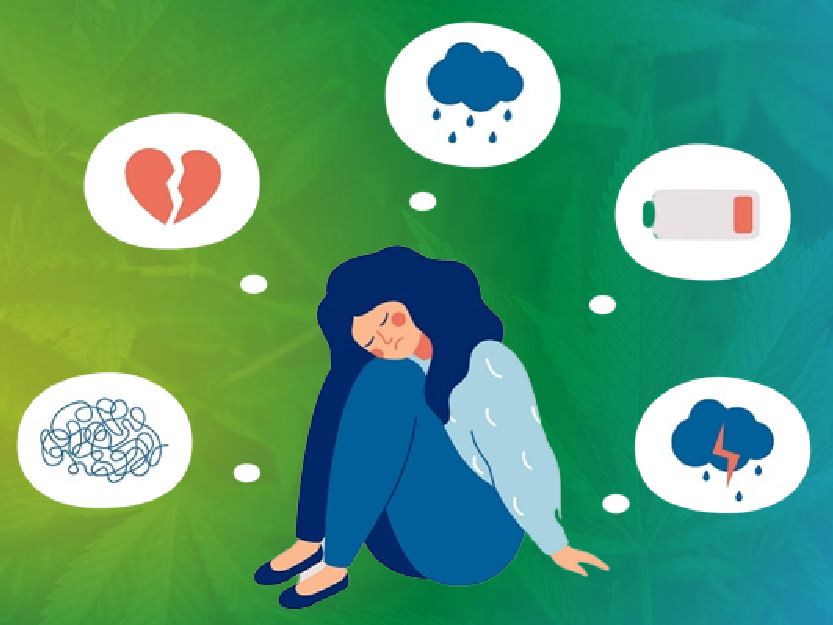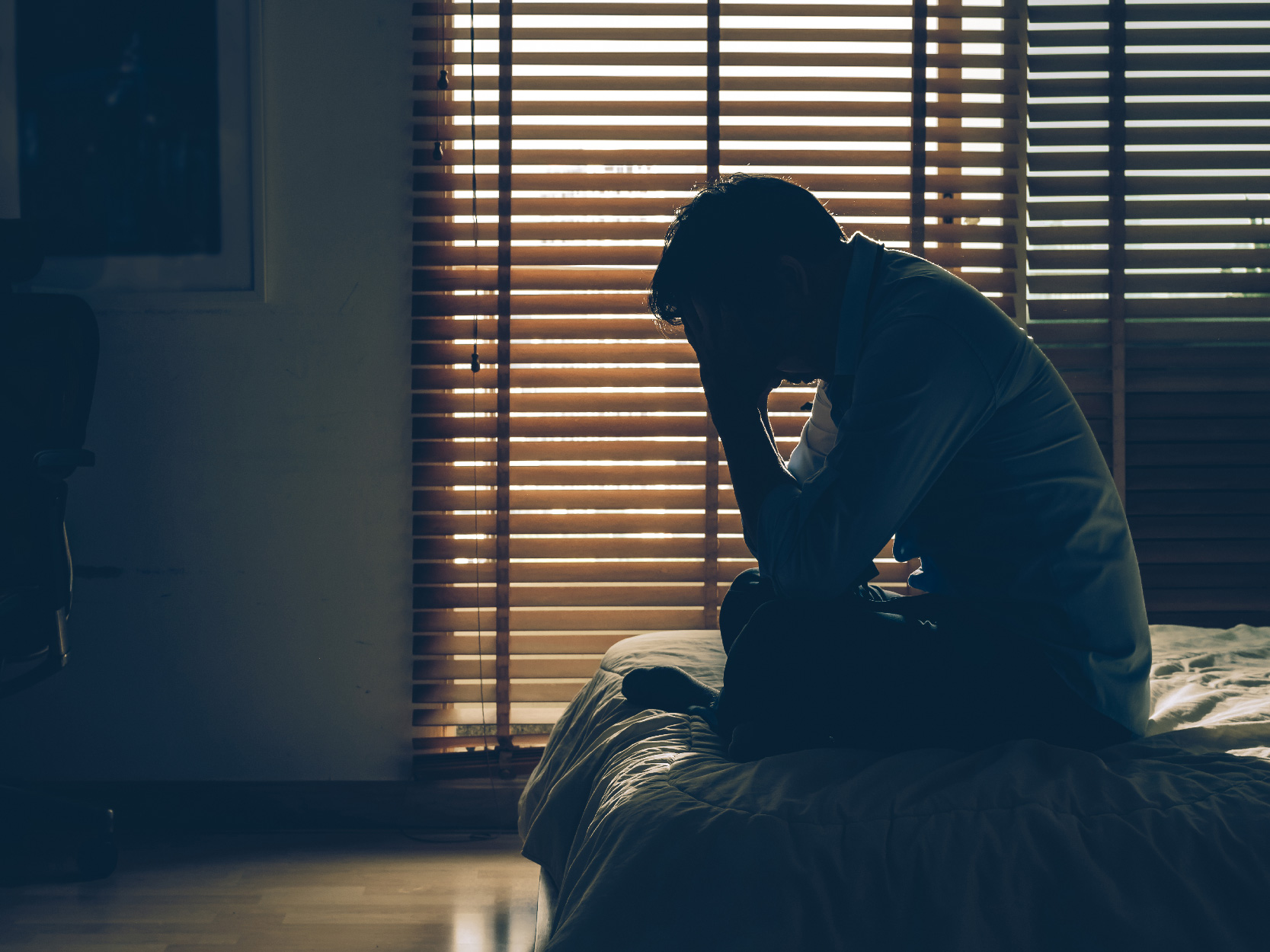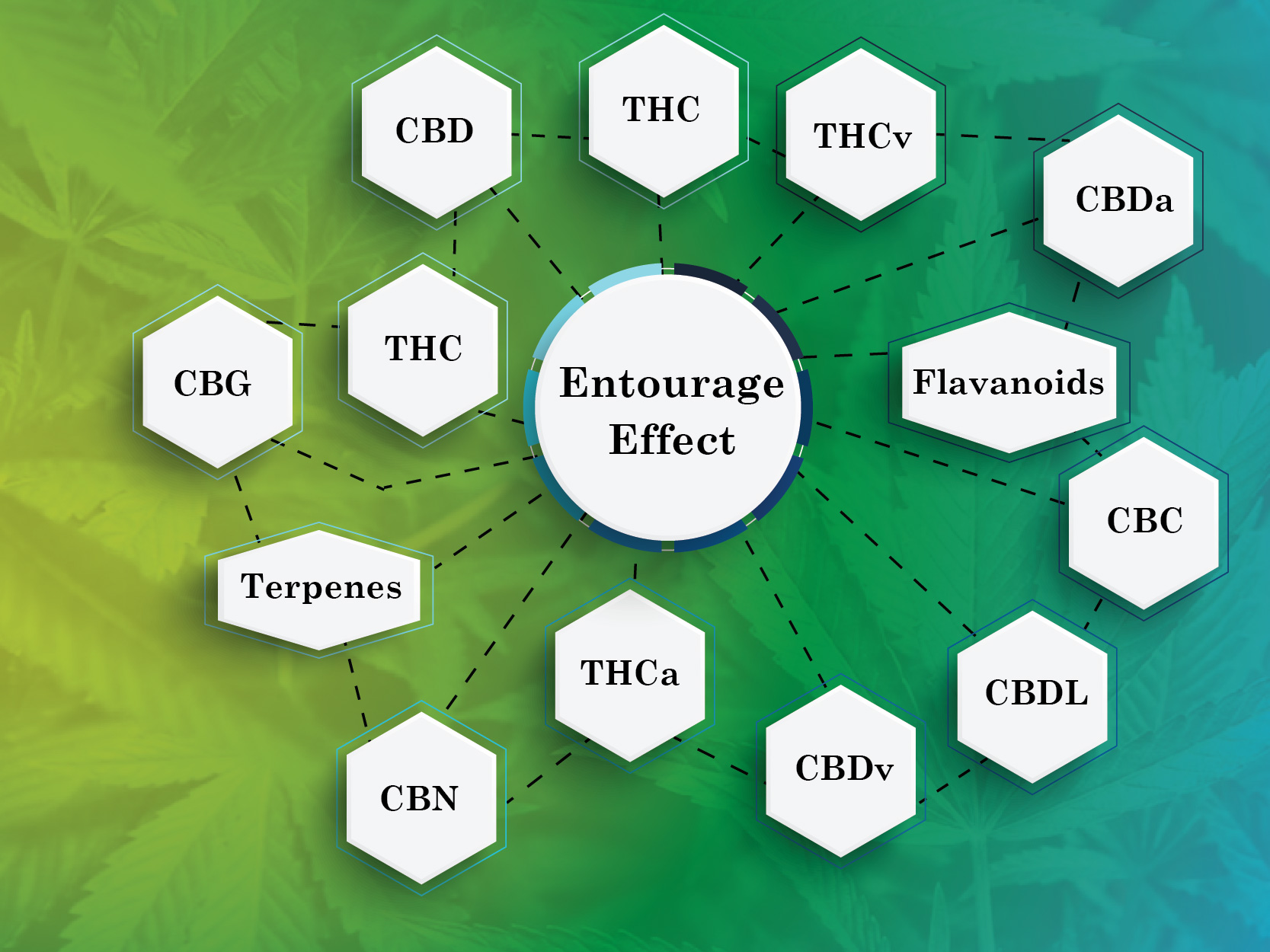What Is Plant-Based Medicine?
Items produced using botanicals or plants to treat illnesses or maintain well-being are known as herbal items, botanical items, or phytomedicines. An herbal supplement is an entity created using plants and operated exclusively for internal use. Expanding number of patients and doctors are going towards plant-based medication as an additional or alternative treatment. Early evidence gives empowering indications for the viability of plant-based treatments – like clinical marijuana – for patients with conditions that traditional drugs have not been able to treat satisfactorily.


